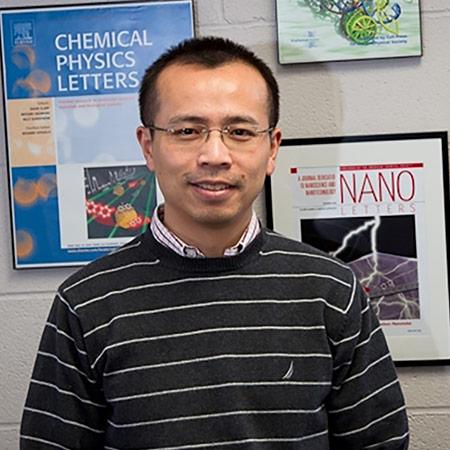Cornell researchers build telescopes to measure universe’s earliest light
Teams of scientists, including researchers from the Cornell physics and astronomy departments, are collaborating on two of the largest telescopes ever built to take readings on the universe’s oldest light measurable, known as the Cosmic Microwave Background, or CMB.These telescopes will be placed in the Atacama Desert of Northern Chile and will give scientists new tools to record the earliest signals from the universe.

